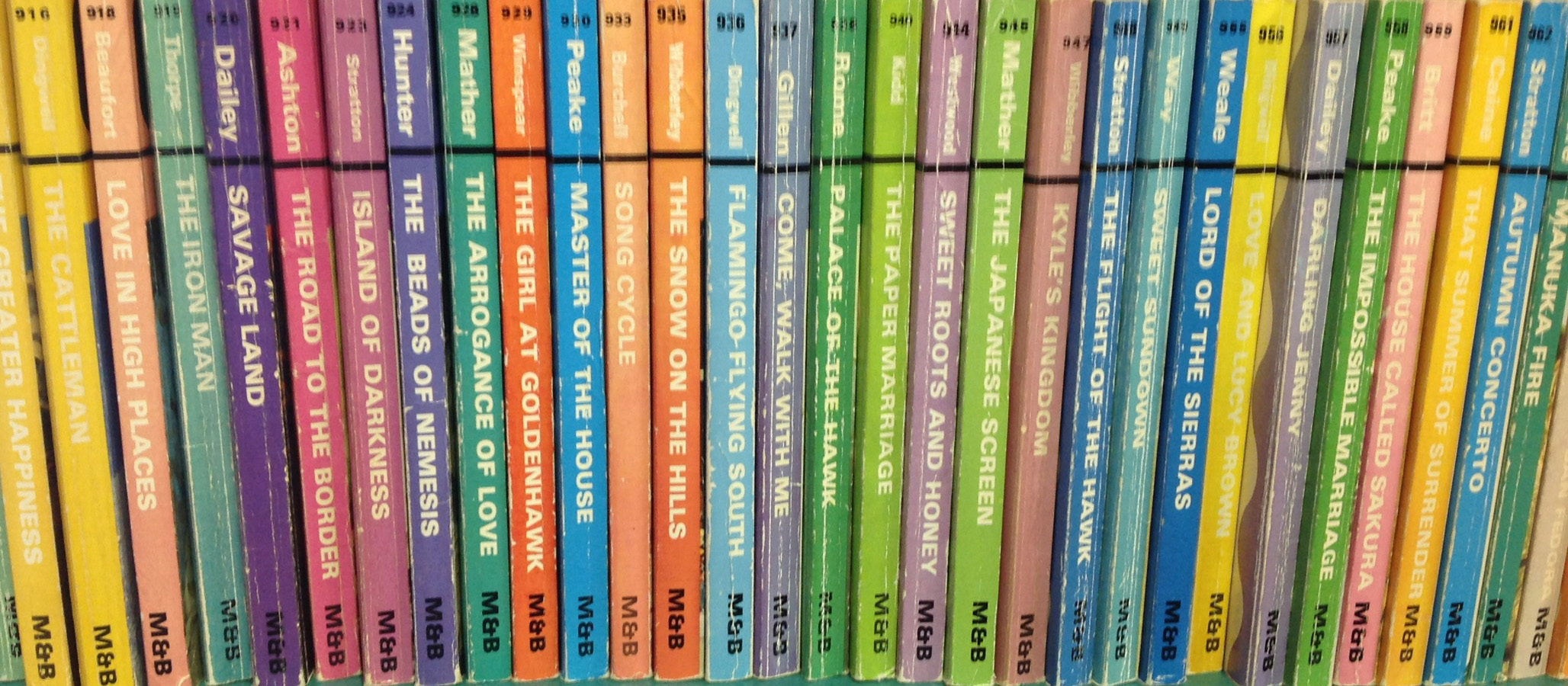Paranormal Romance: A History
Start Date
13-4-2018 4:05 PM
End Date
13-4-2018 5:05 PM
Proposal Type
Individual Presentation
Abstract
Paranormal Romance was a term coined in the 1990’s, but during that decade, this subgenre was very marginal. The genre, which was all but disappearing by the year 2000 started to take off at the beginning of the 21st Century. September 11th triggered a new interest in romances with paranormal elements that allowed both writers and readers to delve on issues too painful or controversial to confront directly at the time. In the early years after the attack there was a preponderance of novels portraying the shock of discovering magical (and menacing) elements irrupting in our everyday reality. Later on series tended to develop fictional worlds in which the paranormal elements were a given, abandoning the discovery narratives. They either reflect a dystopian reality, or the realistic world becomes a backdrop for the action, but not an essential element of it. Over time, the superficially apolitical nature of the paranormal romance has been eroded with more openly ideological discourses emerging often. This evolution parallels the trajectory of other non-romance genres, especially urban fantasy. This paper will offer an overview of the history of the genre, emphasizing the connections between romance, culture, and history. While romance as a reflection of the changing gender roles of women over time has been frequently observed by critics, there is a scarcity of a more systematic evaluation of romance as a dynamic genre intimately connected with its historical moment. This paper will challenge this perspective offering a new reading of this subgenre.
Paranormal Romance: A History
Paranormal Romance was a term coined in the 1990’s, but during that decade, this subgenre was very marginal. The genre, which was all but disappearing by the year 2000 started to take off at the beginning of the 21st Century. September 11th triggered a new interest in romances with paranormal elements that allowed both writers and readers to delve on issues too painful or controversial to confront directly at the time. In the early years after the attack there was a preponderance of novels portraying the shock of discovering magical (and menacing) elements irrupting in our everyday reality. Later on series tended to develop fictional worlds in which the paranormal elements were a given, abandoning the discovery narratives. They either reflect a dystopian reality, or the realistic world becomes a backdrop for the action, but not an essential element of it. Over time, the superficially apolitical nature of the paranormal romance has been eroded with more openly ideological discourses emerging often. This evolution parallels the trajectory of other non-romance genres, especially urban fantasy. This paper will offer an overview of the history of the genre, emphasizing the connections between romance, culture, and history. While romance as a reflection of the changing gender roles of women over time has been frequently observed by critics, there is a scarcity of a more systematic evaluation of romance as a dynamic genre intimately connected with its historical moment. This paper will challenge this perspective offering a new reading of this subgenre.


